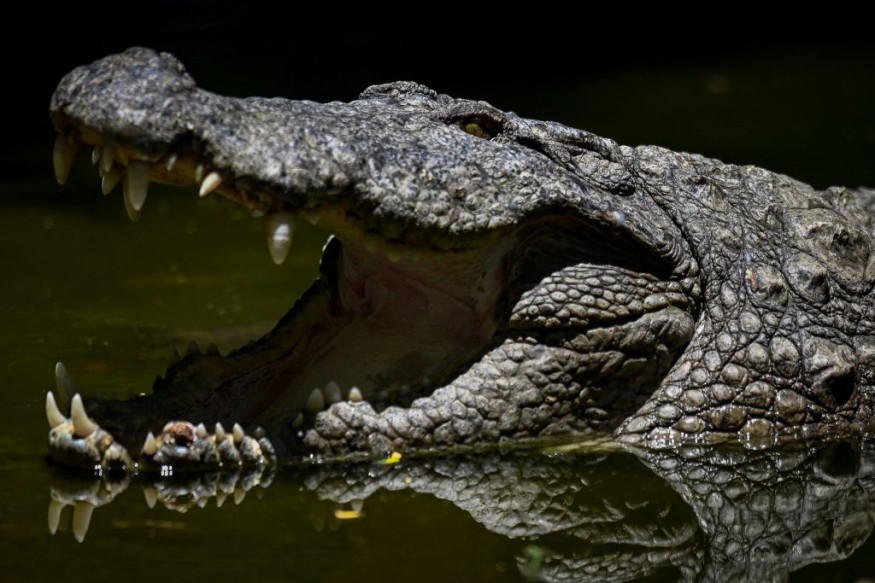Although crocodiles have a reputation for being dangerous, illegal hunting, water pollution, and development pose serious threats to the animals and their ecosystems in Belize. Some people may discover some of these creatures in the nation's waterways, where they frequently inspire dread in nearby populations.
A DW report mentioned these animals are also hunted for their meat by some people who view them as delicacies.

Belize Crocodiles Suffer From Diseases Due to River Pollution
Jonathan Triminio, a scientist working to identify the cause and effects of decades of crocodile pollution in Belize, said in a Forbes report that he grew up seeing the impacts of that pollution on the New River.
Researchers hope to be able to identify potential sources of pollution in the slow-moving river bordered by sugar cane fields by analyzing samples taken from local Morelet's crocodiles, according to Triminio, a research biologist at the Crocodile Research Coalition, a non-profit organization based in Belize and the principal investigator of the "Save the New River" project.
Triminio and colleagues conducted a six-month data collection and discovered that the Morelet's crocodile population is still stable. However, some adult and subadult individuals still exhibit signs of exposure to pollutants as they frequently exhibit poor skin conditions, according to samples taken from 33 crocodiles.
About Crocodiles
The American crocodile, which can grow to a length of 20 feet and weigh 2,000 pounds, is one of the largest crocodile species. They are found in river estuaries, coastal lagoons, and mangrove swamps and may live in both fresh and brackish water. The International Union for Conservation of Nature's Red List lists crocodiles as vulnerable internationally. It states that they are critically endangered in Belize, according to the Crocodiles Research Coalition.
There are extremely few genetically pure American crocodiles in Belize due to habitat deterioration, illegal hunting, and pollution. Most of the surviving population consists of hybrids.
"The last time this happened was in 2019 with a baited hook, as we mentioned, it is illegal to hunt crocs in Belize. We likely won't find out who did it," Marisa Tellez, a crocodile specialist and founder of the CRC, told Newsweek.
Tellez claimed that several hunters and fisherman were talking about the illegal activity taking place here, which was coming from Honduras and Guatemala.
Tellez said it's not inconceivable that some of the problems we are having in the lagoon are not from Belize, although CRC can't prove that in every instance given that fisherman and hunters from Guatemala and Honduras do get detained here for engaging in unlawful behavior with our species.
She said that many immigrants were arriving who were unaware of local rules or did not share Belizeans' affinity for environment.
The same Newsweek report, citing National Geographic, said just 1,000-2,000 American crocodiles exist in Mexico, Central America, and South America. The survey data is extremely constrained for all of their habitats, with the exception of Florida. Only 250 crocodiles were detected in Belize at the time of the most recent study, which was conducted in 2000.
RELATED ARTICLE : Crocodile Had Dinosaur For Its Last Meal Based On 95-Million Year Old Fossil, Study Claims
Check out more news and information on Animals in Science Times.











